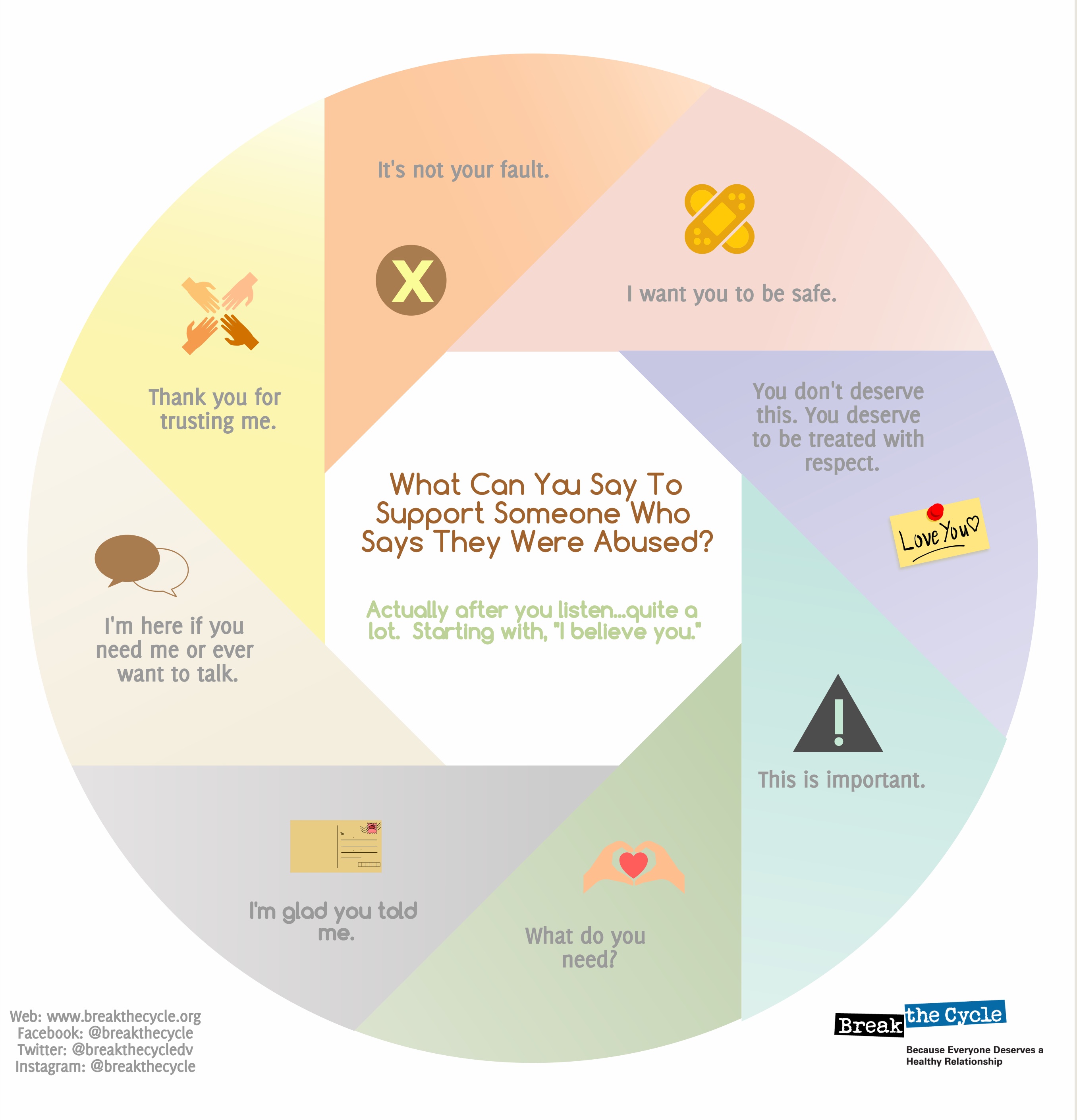 Help A Friend | Break the Cycle
Help A Friend | Break the CycleSingaporeMental HealthPersonality Personal GrowthRelations Family LifeNeed help? Recently diagnosed? Talk to someoneCurrent So you're not a "10" anyway. But you're probably quite spectacular somehow, and definitely good enough in most areas of life. If there ever was a time to stop beating yourself up as a human being, it is now. Recent newsEsencial ReadsTrending Topics in SingaporeSearch for advice Get helpMiembrosSingapore Get help Mental health Personal growthRelations Family lifeNeed help? Recently diagnosed? Talk to someoneMagazine So you're not a "10" anyway. But you're probably quite spectacular somehow, and definitely good enough in most areas of life. If there ever was a time to stop beating yourself up as a human being, it is now. TodayNewsEssential Read Topics of Trend in Singapore Verified by Psychology Today Break the cycle of abuse A series of five parts about what you can do to break the cycle of abuse at your home. Published 07 Jun, 2020 We live in a violent nation. George Floyd's last senseless murder seems to have joined many to confront police violence against African Americans. But there is another cycle of violence that we also need to focus on: the cycle of abuse in our homes. If we ever hope to bring more peace to our world, we must start ending with the emotional, physical, and that happens in our homes. Having made the connection between abuse and abuse and adult violence, we only need to broaden this knowledge to help us understand the violence that occurs in our communities. Children who are neglected or abused at home are much more likely to become bulls at school or the victims of bullies. Many of the students who have taken weapons at school were found as vicious targets by their classmates. And we know that most prisoners for violent crimes were victims of emotional, physical or sexual abuse as children. The abused perpetuate a culture of violence that affects us all. Therefore, the work we do in breaking the cycle of abuse in our own families will have even greater ramifications for society at large. Although many people recognize the cyclical aspect of abandonment and abuse, it is not doing enough to break the cycle. Those who come from abusive or neglected backgrounds generally do not offer therapeutic courses or programs that will help them to clarify the rubble of their childhood before embarking on a new life with a husband or wife. There are no programs for potential parents either. Most programs are offered only to those who have already begun to abuse their spouse or their children. is an important factor in continuing the cycle of abuse. It's not just one of the emotions that cause the cycle to continue, but it often prevents people from receiving help. It is time to stop blaming and embarrassing those who do to others what was done to them. It is not good to make monsters of those who continue the cycle of violence by abusing their children or their partner. This only serves to harden them even more and make them less inclined to reach aid. It has become overwhelmingly clear that people do not simply "get out" . They continue to suffer and even more important, they pass abuse to other people. If you were abused emotionally, physically or sexually as a child or adolescent, or if you experienced neglect or neglect, it is not a matter of whether you will continue the cycle of abuse or neglect, it is a question of how you will do it - whether you will become an abuser or will remain a victim. Although this may sound unnecessarily negative to you, it is the truth. The investigation clearly shows that those who have been abused absorb the abuse or pass it. Over the past 25 years, studies on abuse and family assault strongly suggest that abused children often become abusers themselves and that child victims of violence become violent adults. People with a history of child abuse are four times more likely to assault sexual relatives or couples than individuals without such a story. Females who have a history of childhood abuse are much more likely to remain victimized as adults. But we don't need research to tell us what we know intuitively. If abuse and neglect are not neglected from generation to generation, we would simply not have the epidemic of child abuse and neglect that we are experiencing today. "But I know many people who were abused or neglected as children who didn't grow up to be abusers or victims," you could counter. Although I'm sure there are a number of survivors that you can think of who it looks like, on the surface, being carrying normal and healthy lives, I can assure you that there are many things that happen behind closed doors that the average viewer never knows. If you could be a fly on the wall, you could see that the cycle of abuse is repeated in the way that a husband speaks to his wife in the same disposable and condescending tone in which his father spoke to his mother or in the way his wife passively accepts her husband's demands, just as her mother did. You may see it in the way one or both parents have an inordinate need to dominate and control their children. Or, one or both parents can repeat the cycle by neglecting their children in the same way they were neglected, constantly placing their own needs before their children, not paying or being affectionate to their children, or being emotionally or physically indisposable to their children because they are abused or drugs. If a spouse was physically abused as a child, he or she is likely to see such repeated abuse as well. Even the most significant person will find himself exploiting in the same kind of rabies that he or she witnessed or experienced as a child. Your anger is likely to come out when you drink too much, when you feel provoked, or when you are reminded, or "triggered" for memories of your own abuse. Or, the setback may be true: If she was mistreated as a child or witnessed that her mother was abused, she may have grown up to marry a man who physically abuses her or her children. He will be helpless, unable to defend himself or to leave, as his mother before her. Many people who were abused or neglected in childhood know that there is a risk of becoming abusive or neglected unless they take definitive measures to prevent it. But not all know the subtlest legacies of abuse and neglect. For example, those with such a story often see their children or couple through a distorted lens of , mistrust, pain and shame. They see ridicule, rejection, betrayal and abandonment when it's really not there. Your bass can cause you to be hypersensitive and take things too personally. And they are likely to have control problems that cause them to have a need to dominate others or be too easily dominated by others. Those who become parents often find it difficult to see the needs and pain of their own children without reminding themselves. And they can also find it difficult to allow their children to make a mistake without taking it as a personal affront or a sign that they are not a good father. Think of how abuse or neglect has affected the way it looks at itself and others. What kind of legacy are you going to convey to your children? Although these may be depressing or even terrifying thoughts, there is a seemingly endless cycle of abuse and neglect. There are ways to compensate for deficits that often accompany experiences of neglect and abuse. There are ways to face your pain, anger, fear, and shame directly so you don't have to transfer it to your partner or your children. Based on my book's information, Breaking the Cycle: Moving Beyond Your Past to Create an Abuse-Free Future, I will offer a series of five parts that can help those of you who experienced neglect or abuse as a child to break the cycle once and for all. It is possible to transform the legacy of pain into a legacy of hope. ReferencesEngel, Beverly (2005) Breaking the Cycle of Abuse: Moving Beyond Your Past to Create an Abuse-Free Future. Hoboken, New Jersey, John Wiley and Sons. Publication Comment About AuthorBeverly Engel has been a psychotherapist for more than 30 years and is the author of 20 books, including The emotionally abusive relationship and the right to innocence. Read NextMore Popular in Singapore Get the help you need from a therapist near you – a FREE Psychology Service Today. Cities:Recent Issues
Accessibility links Search results Breaking the Cycle of Abuse - Consumer Health News ...How to break the cycle of verbal and emotional abuses - The ...Cyculation of parenting abuses - Hidden thingsBreaking the Cycle of Abuse: Cora Colquhoune - YouTubeThe cycle of abuse - YouTube linksFooter

Cycle of abuse - Wikipedia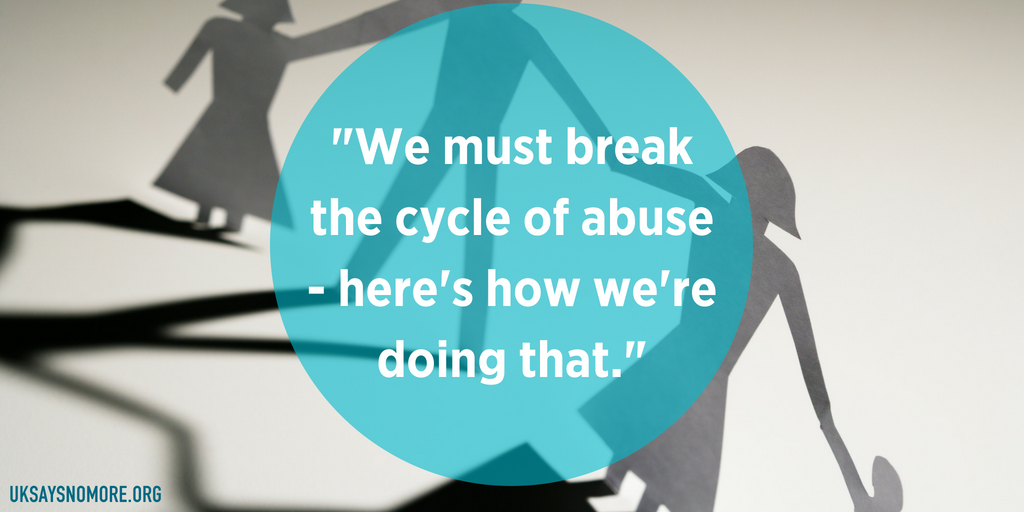
This Is How We Break the Cycle of Abuse
Breaking Free of the Cycle of Abuse - Soul Shepherding
Organisations across Merseyside urged to help break the cycle of domestic abuse - Liverpool BID Company
Break the cycle of abusive behavior | Danner
Cycle of Violence | Shelter for Help in Emergency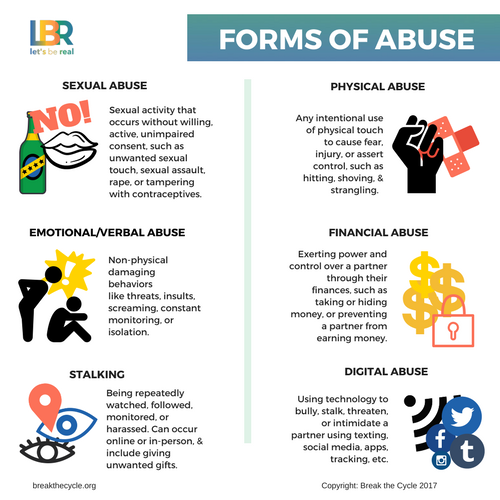
Learn About Dating Abuse | Break the Cycle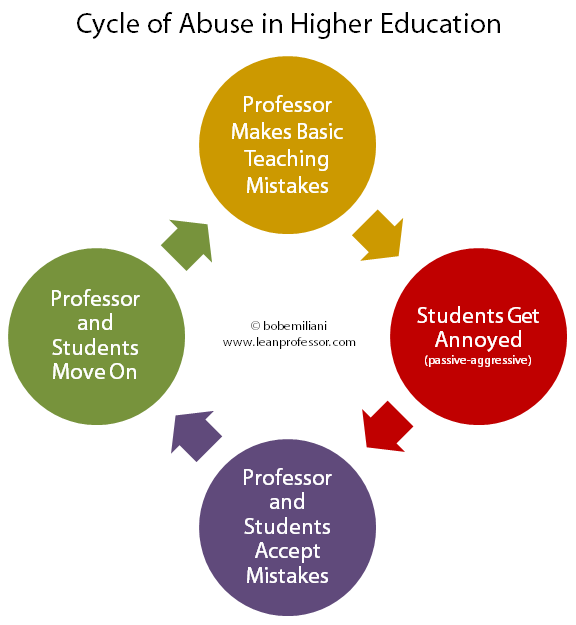
Breaking the Cycle of Abuse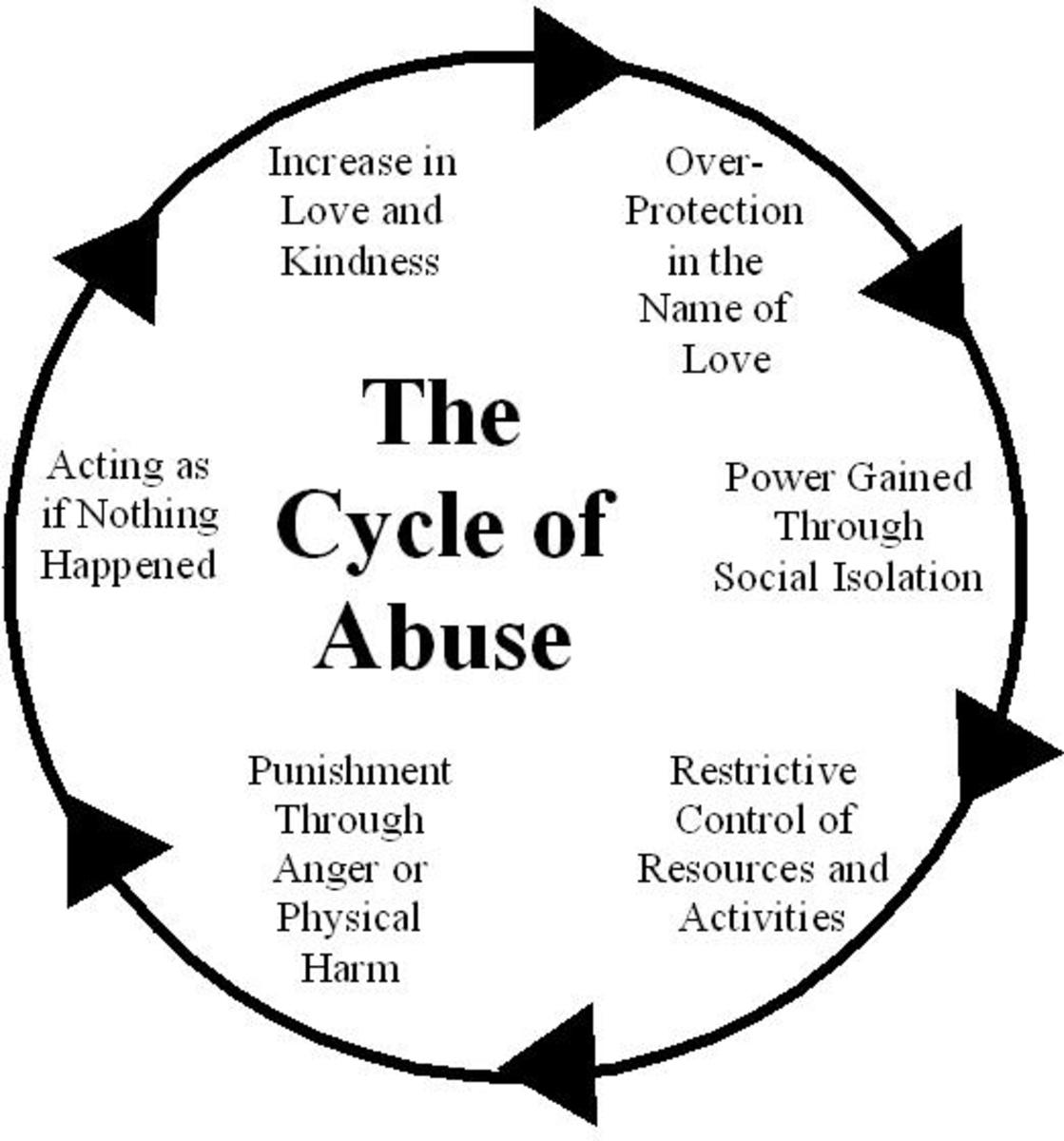
Breaking the Cycle of Abuse - HubPages
The cycle of abuse - A hangover free life
Breaking the Cycle of Abuse: How to Move Beyond Your Past to Create an Abuse-Free Future: Engel, Beverly: 9780471740599: Amazon.com: Books
Abuse Types and Cycle Wheel - Ashleigh's Patience Project
Breaking the Cycle of PTSD and Substance Abuse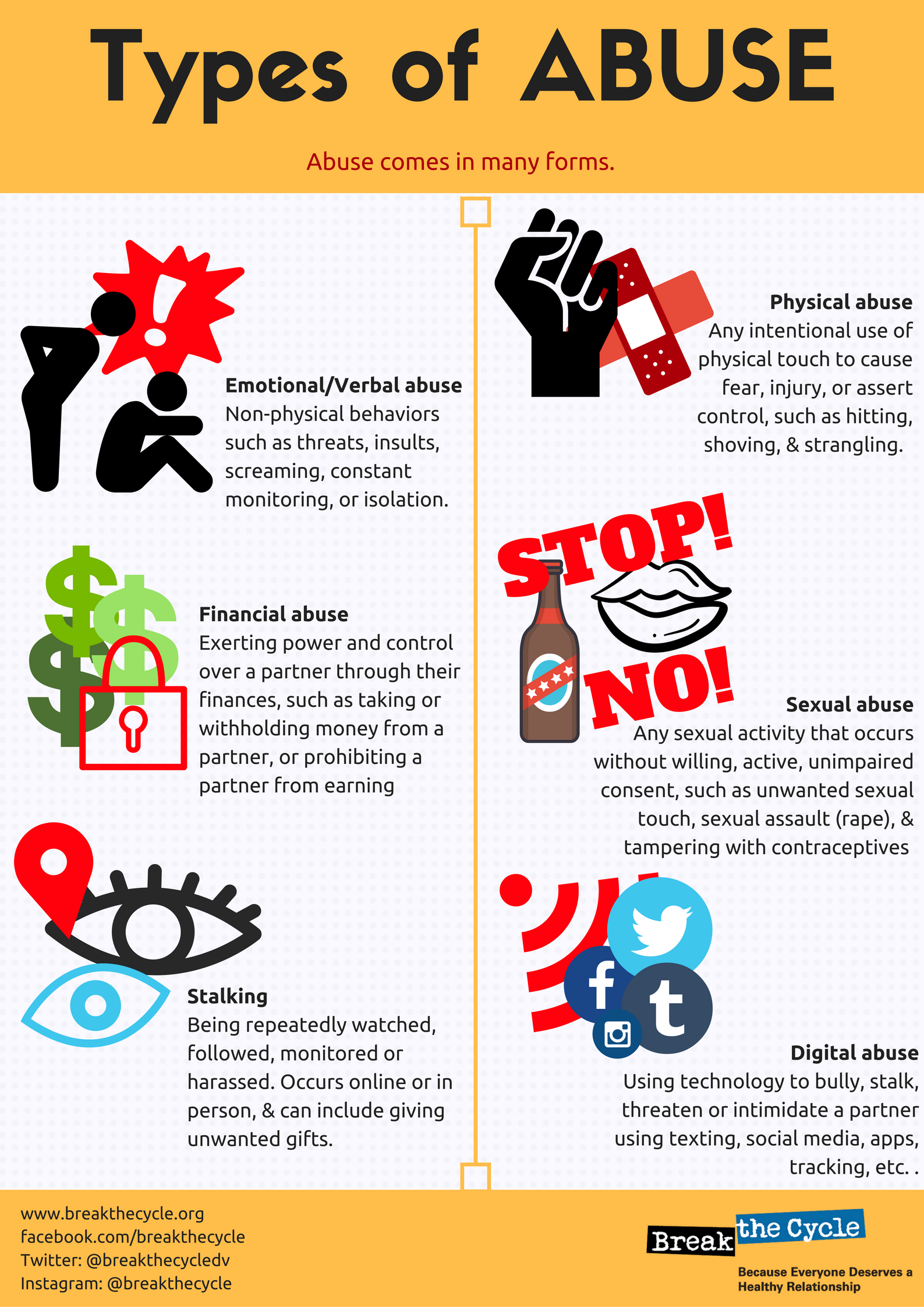
How Common is Dating Abuse? | Break the Cycle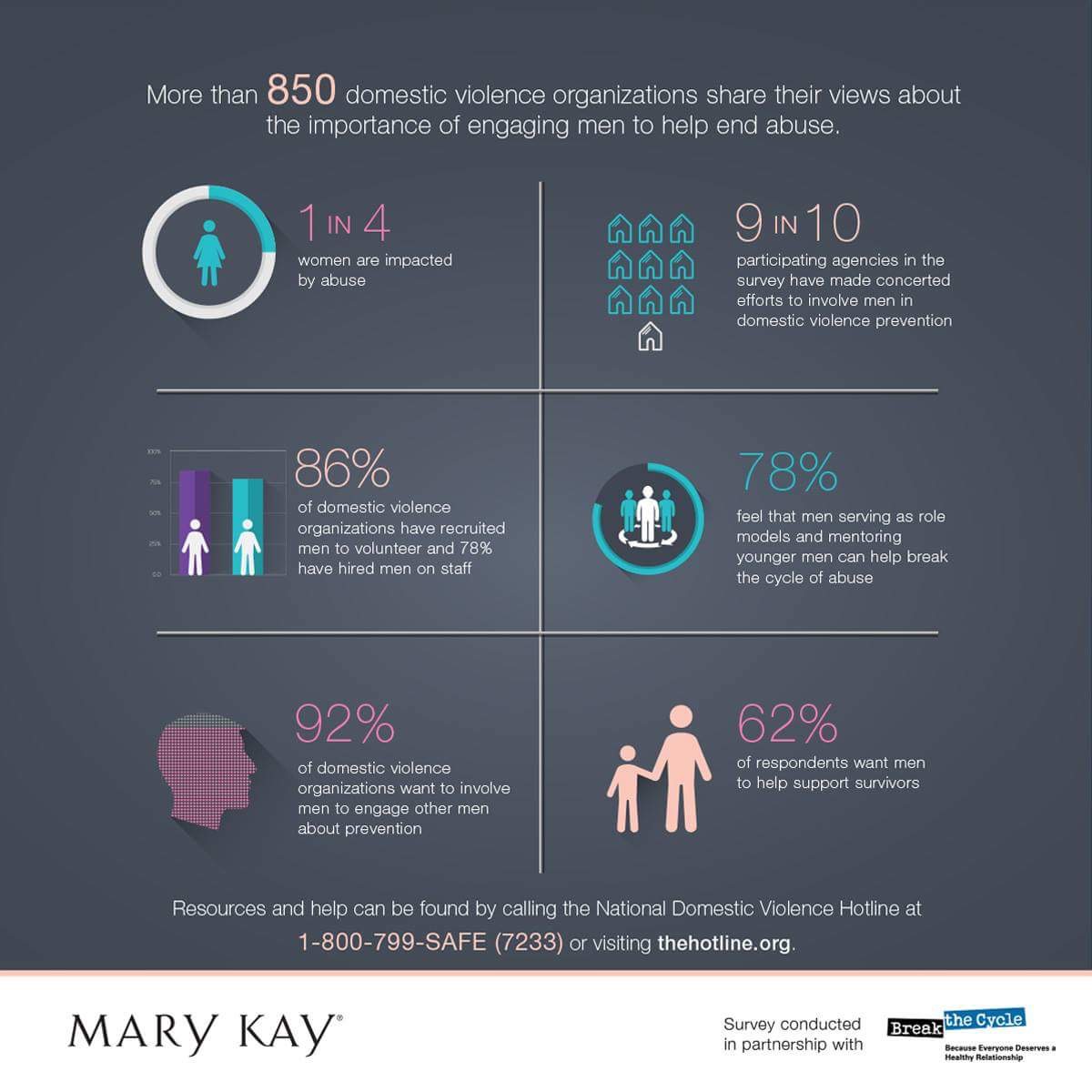
CSRWire - New Survey Reveals Men's Involvement Critical in Efforts to End Domestic Abuse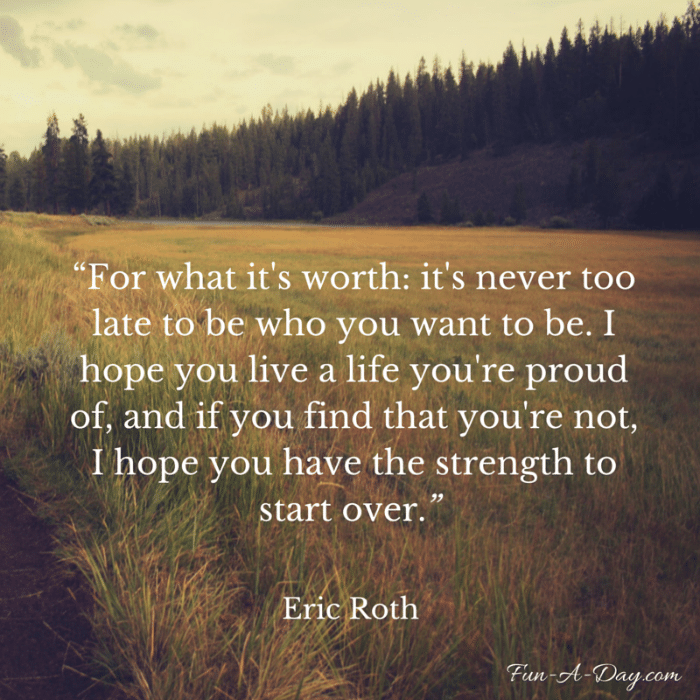
Breaking the Cycle of Abuse One Mama at a Time | Fun-A-Day!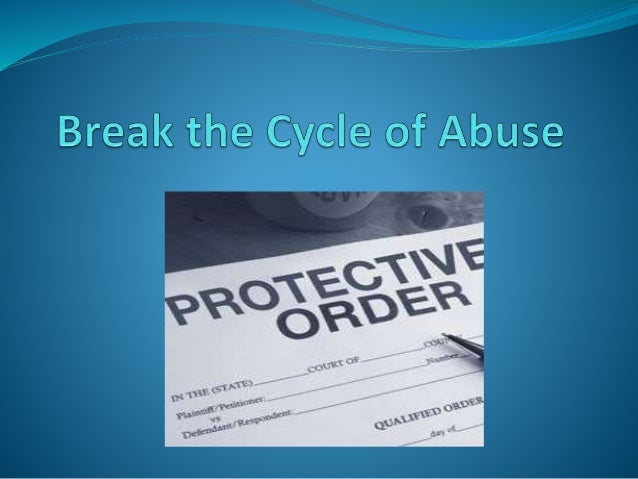
Break the Cycle of Abuse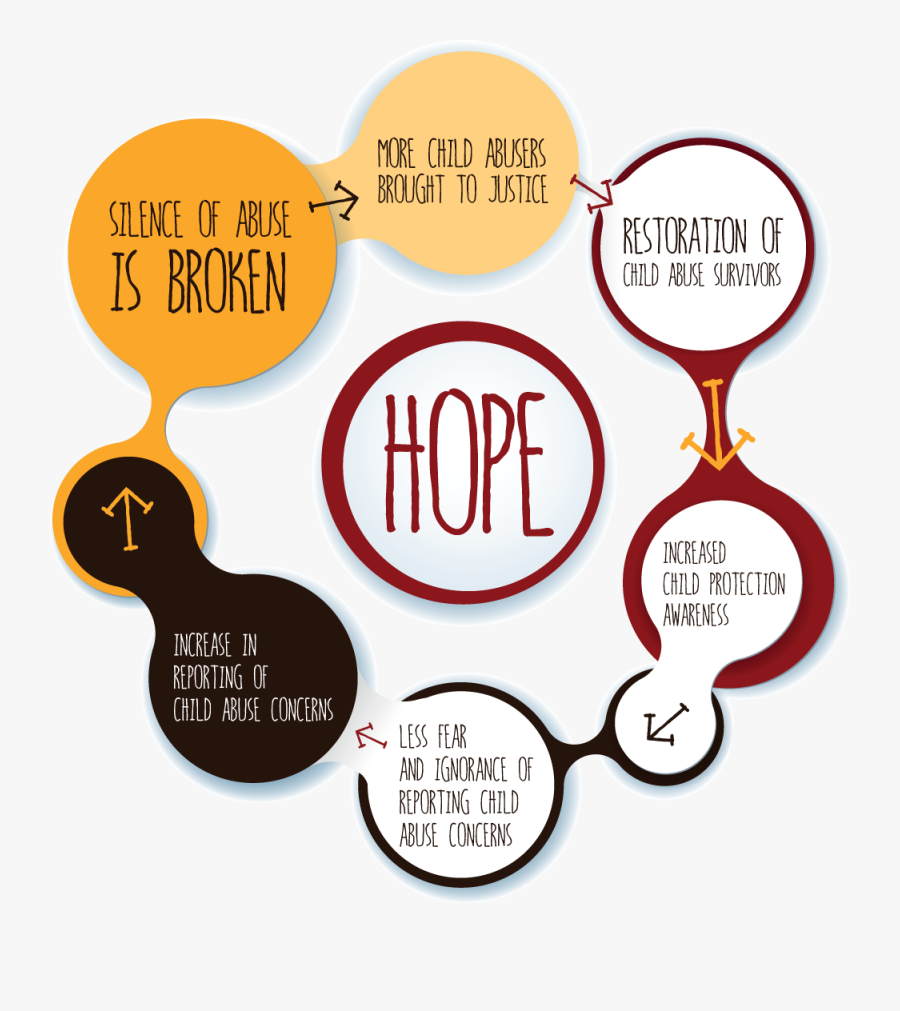
Break The Cycle Abuse , Free Transparent Clipart - ClipartKey
Break the Cycle - Present Now
The Emotional Abuse Recovery Workbook: Breaking the Cycle of Psychological Violence: Comito LMFT, Theresa: 9781647391843: Amazon.com: Books
What is Domestic Violence? - Women's Aid Organisation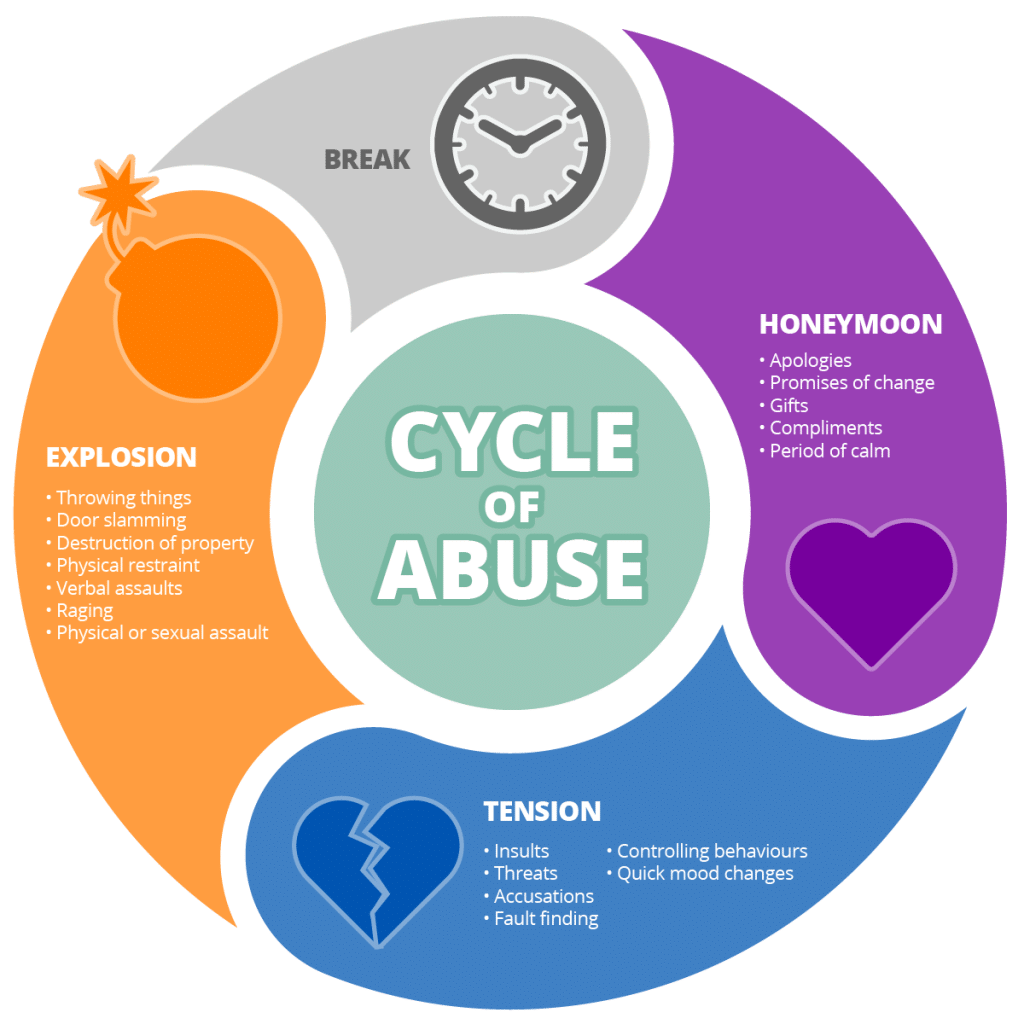
How to recognize signs of abuse – CATT Online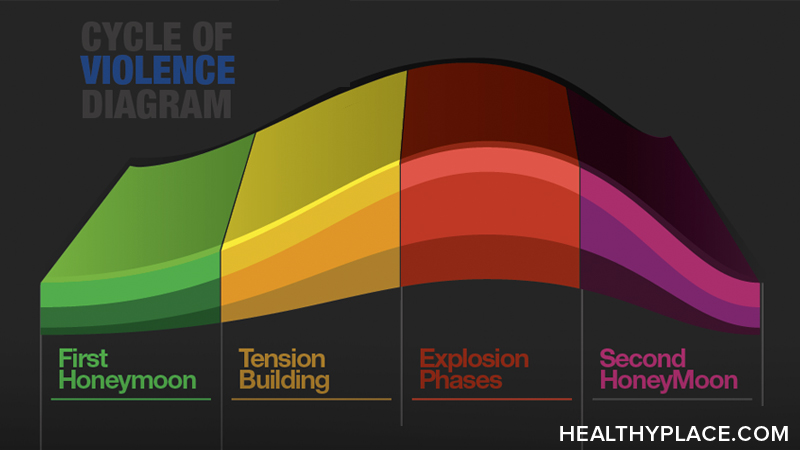
Cycle of Violence and Abuse and How to Break the Cycle of Abuse | HealthyPlace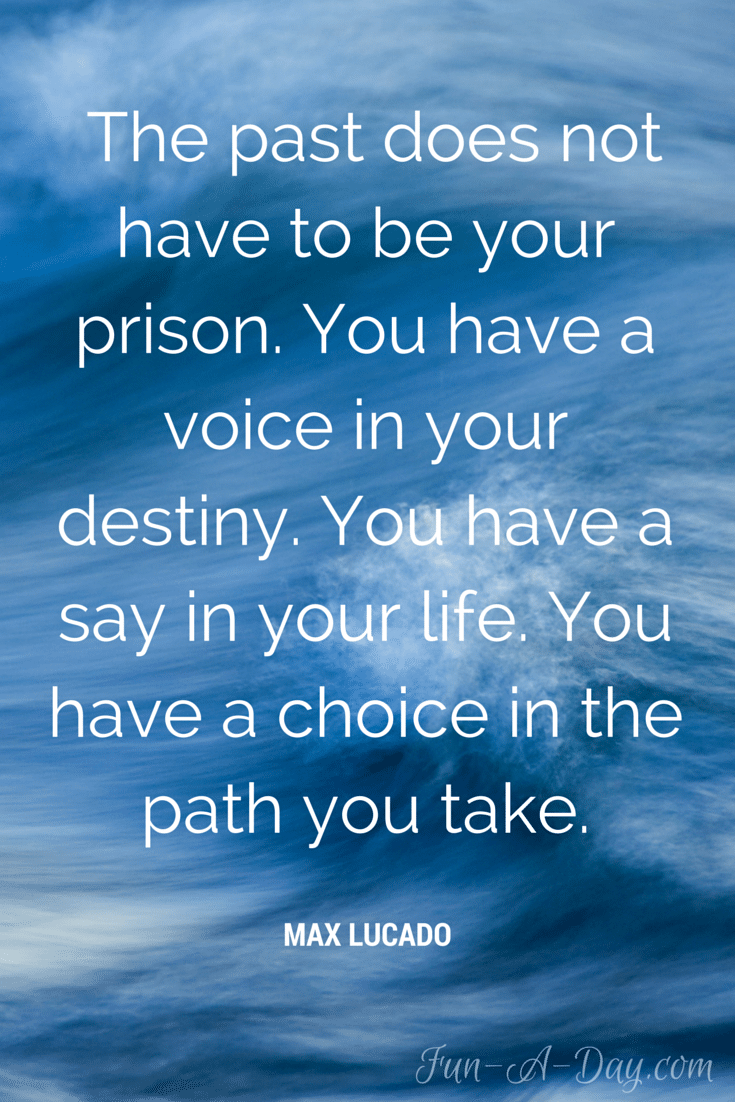
Breaking the Cycle of Abuse One Mama at a Time | Fun-A-Day!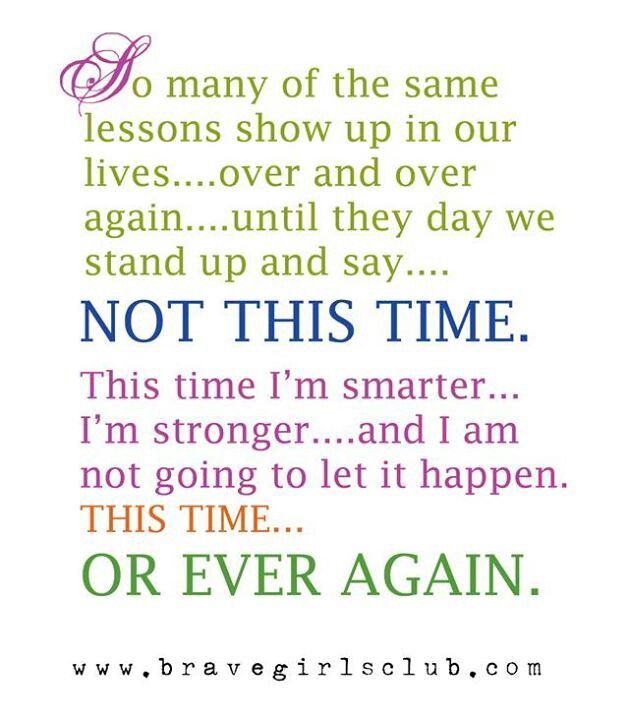
Breaking The Cycle Of Abuse Quotes. QuotesGram
Break the Cycle - Teen Relationship Abuse Awareness | Southend-on-Sea Info
breaking the cycle ™: C.L.E.A.N.E.R.™ Living Therapy Programme | Survivors of Abuse
How to Break the Cycle of Abuse (with Pictures) - wikiHow
How to Break The Cycle of Verbal and Emotional Abuse - The Good Men Project
Warning Signs | Break the Cycle
Don't be afraid to break the cycle! : SelfCareCharts
Cycle Of Abuse – Envision
safeguard-abusecycle
Grew Up In A Dysfunctional Family: Learn How To Break The Cycle Of Abuse
Breaking the Cycle | The Abuse Expose' with Secret Angel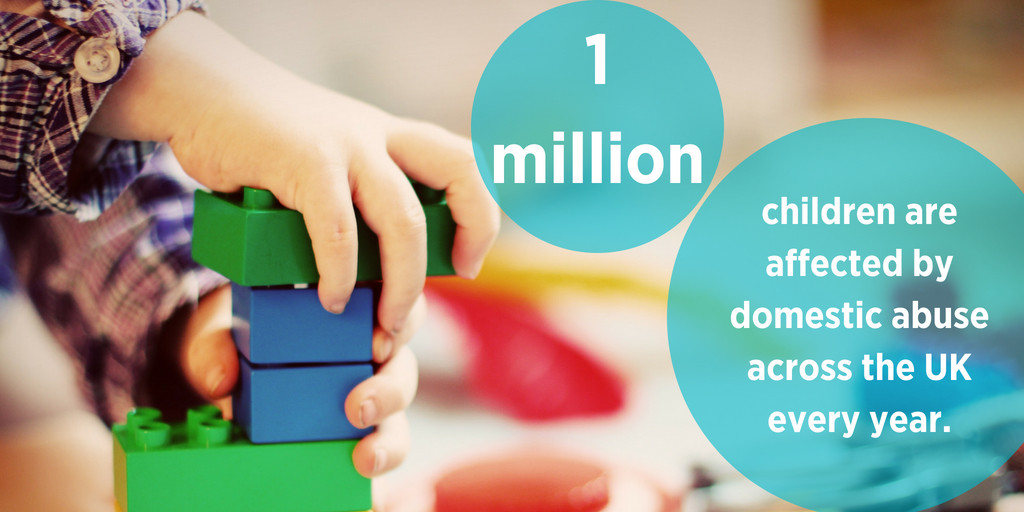
This Is How We Break the Cycle of Abuse
Break the Cycle of Abuse - SWC - Home | Facebook
How a Caregiver's Trauma Can Impact a Child's... | Stop Emotional Abuse
The Cycle of Abuse
 Help A Friend | Break the Cycle
Help A Friend | Break the Cycle

































Posting Komentar untuk "how to break the cycle of abuse"